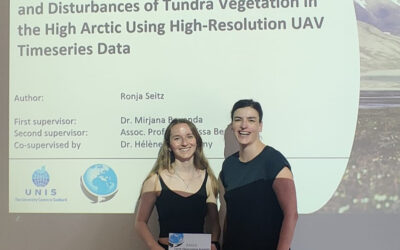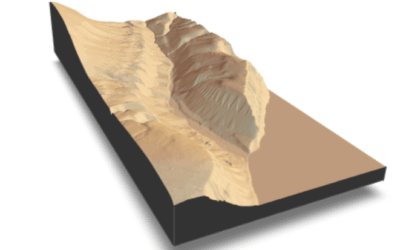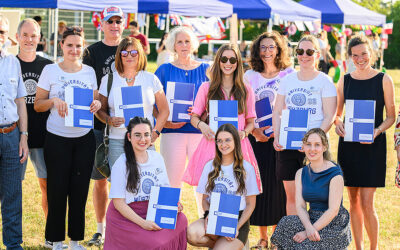CAWa Summer School 2019 – Open Call for Application
As in the previous years, CAWa WP3 team members from the Department of Remote Sensing will provide lectures on the potentials and use of remote sensing data, GIS and webGIS to dedicated master and PhD students as well as professionals and experts in Central Asia. The CAWa Summer School will be conducted in close collaboration with the colleagues from the GFZ German Research Centre for GeoSciences in Potsdam, Germany.
The Summer School introduces innovative methods and tools for the analysis and monitoring of water and land resources in Central Asia. These methods are of great value in the framework of integrated water and land resources management. The 2-week Summer School will combine theoretical lectures and practical exercises with discussion sessions on the implementation of new methods and tools in managing water and land resources in Central Asia. The programme includes an in-depth introduction to geographical information systems (GIS), an overview on remote sensing applications for land and water resources monitoring, an introduction to climatological data analysis and an introduction to glaciology. For the practical exercises in data analysis, the participants will use open source tools such as QGIS (www.qgis.org) for spatial analysis, and R (www.r-project.org) for statistical analysis.
The Summer School is organized within the framework of the CAWa project as contribution to the German Water Initiative for Central Asia (“Berlin Process”) launched by the German Federal Foreign Office in 2008.
Date: July 08-19, 2019
Venue: German-Kazakh University (GKU), Nazarbayev str. 173, 050010 Almaty, Republic of Kazakhstan
Language: The courses will be given in English, hence the knowledge of English language is a prerequisite to participation.
Participation and funding: The Summer School addresses dedicated master and PhD students as well as junior university teachers and researchers with interest in geoscientific tools for Integrated Water and Land Resources Management and its practical implementation. Eligible are participants from the following Central Asian countries: Kazakhstan, Kyrgyzstan, Tajikistan, Turkmenistan, Uzbekistan, as well as Afghanistan. The CAWa project provides funding for travel, accommodation, and DSA expenses for the accepted participants. VISA for accepted participants from Afghanistan and Turkmenistan will be provided by German-Kazakh University.
Application: Interested students and researchers are expected to apply via the Summer School online application tool (https://forms.gle/LhoLP3jfkXprkGHV6). Applicants are requested to upload their CV and a motivation letter, which described their background and their expectations in detail. All documents have to be provided in English language. Participants will be selected based on their application documents (motivation letter, CV). Visa support will be provided by the German-Kazakh University.
Deadlines: Submission of application form and abstract 28 May 2019,
Notification of acceptance 01 June 2019, Issue of registered invitations for visa application 01 June 2019
Contact to the organizers: Almas Kitapbayev, German Kazakh University, kitapbayev@dku.kz
Lecturers: Dr. Abror Gafurov (Hydrology Section, GFZ German Research Centre for Geosciences, Potsdam, Germany), Dr. Lars Gerlitz (Hydrology Section, GFZ German Research Centre for Geosciences, Potsdam, Germany), Dr. Maik Netzband (Department of Remote Sensing, University of Würzburg, Germany), Lucia Morper-Busch (Department of Remote Sensing, University of Würzburg, Germany), Dr. Aleksandr Kokarev (Institute of Geography, Almaty, Kazakhstan)
Organizers:
- CAWa Project “Regional Research Network Water in Central Asia”, http://www.cawa-project.net
- German-Kazakh University, Master program “Integrated Water Resources Management ”, Almaty, Kazakhstan, http://www.dku.kz, http://www.academic-waters.org
- University of Würzburg, Institute of Geography and Geology, Department of Remote Sensing, http://www.geographie.uni-wuerzburg.de/en/fernerkundung/
- Helmholtz Centre Potsdam, GFZ German Research Centre for Geosciences, Hydrology Section, Potsdam, Germany, http://www.gfz-potsdam.de
In cooperation with: Institute of Geography, Almaty, Kazakhstan, http://www.ingeo.kz








